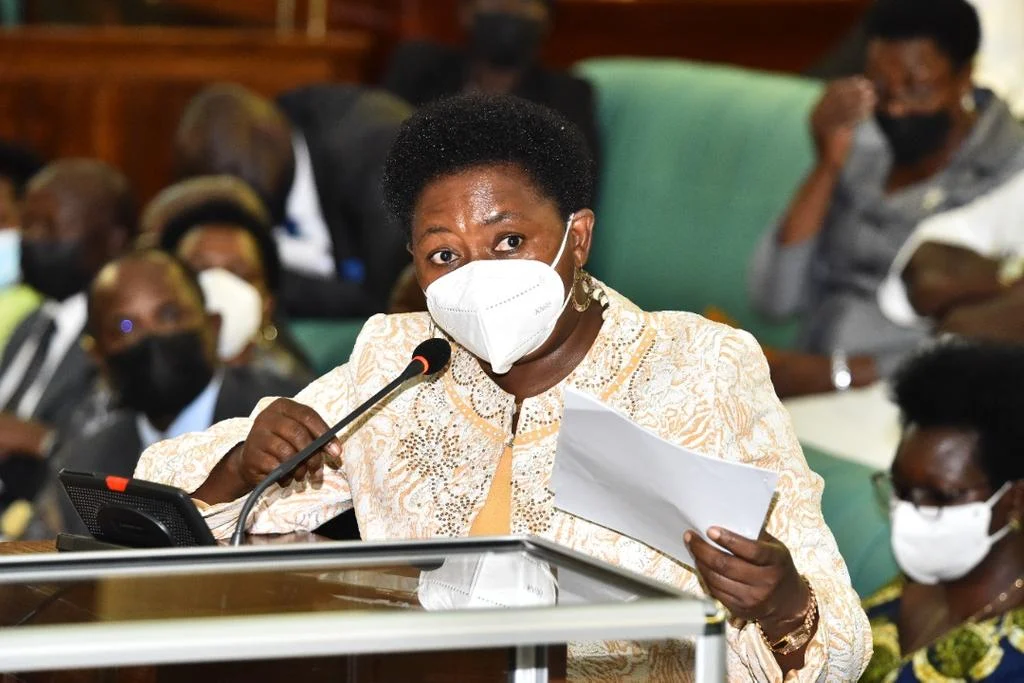Summary:
- Uganda’s State Minister for Trade, Harriet Ntabazi, asserts that Uganda will abandon the US market if required to accept homosexuality, citing ample alternative markets and criticizing the US for intertwining trade and human rights issues.
Harriet Ntabazi, the State Minister for Trade, has stated that Uganda will discontinue its engagement with the US market if it is contingent on accepting homosexuality. She argues that Uganda already possesses ample markets for its products.
“If the United States insists on imposing same-sex marriage on us, we are prepared to withdraw from that market. Our interest in that market is based on political relationships, but the substantial trade volumes that have propelled Uganda to its middle-income status are not primarily derived from the United States. We have sufficient markets, including the East African Community, the Southern African Development Community (SADC), the European Union, and markets in China and India,” said Ntabazi.
These comments were made during a media interview where Ntabazi clarified President Museveni’s recent decision to send his son-in-law, Odrek Rwabwogo, to negotiate on Uganda’s behalf in response to the US announcement to exclude Uganda from the Africa Growth and Opportunity Act (AGOA). Ntabazi emphasized that Rwabwogo, as the Special Presidential Advisor on Trade and Industry, was selected to convey President Museveni’s message.
Let Us Build Your Online Success!
We are the experts in creating visually stunning and functional websites. With reliable hosting and exceptional customer support, we bring your vision to life. Join hundreds of happy clients who trust us!
Get Started Now📞 Call/WhatsApp: +256 207 800 192
“The team has been empowered to convey President Museveni’s message. However, they will not back us into a corner because the President is staunchly opposed to homosexuality, and his stance reflects the sentiments of the Ugandan people. The people of Uganda are resolute in rejecting homosexuality, and the President will not deviate from that position as he is an integral part of shaping Uganda,” Minister Ntabazi explained.
Ntabazi also criticized the US government for intertwining trade issues with human rights, expressing Uganda’s grievances regarding the US demand for the export of raw materials without value addition. She stressed the need for further negotiations to revise such conditions, emphasizing the distinction between trade and human rights.

